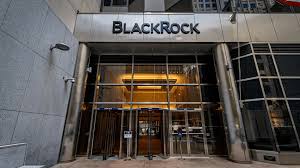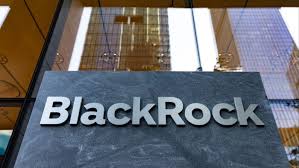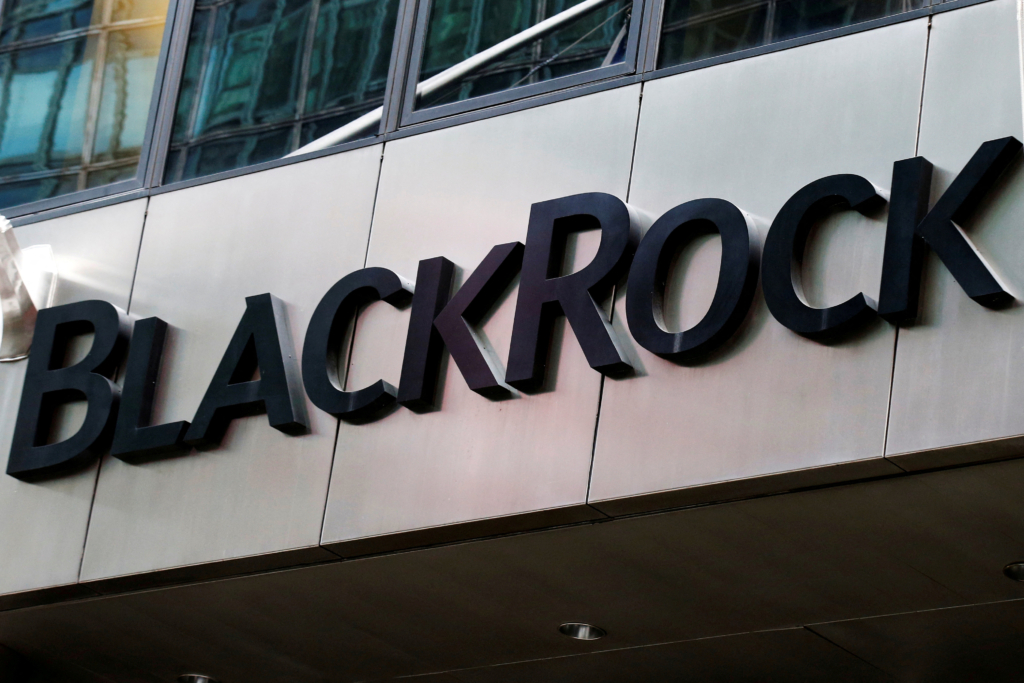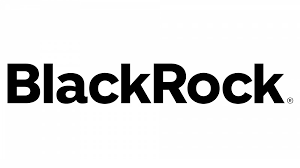The market for tokenized US treasuries has experienced a growth of more than 1,000% as a result of elevated interest rates and a significant increase in demand for secure, high-yielding assets that are recorded on a blockchain.
By June, the market has achieved a valuation of $1.64 billion, with BlackRock‘s BUIDL fund surpassing Franklin Templeton’s BENJI.
The increase in numbers demonstrates the increasing acceptance and utilization of real-world asset (RWA) tokenization, as prominent institutions such as Goldman Sachs and JPMorgan allocate investments towards these technologies.
Tokenization is the process of converting real-world assets into digital tokens. This allows for advantages such as improved liquidity, quicker transactions, and reduced fees. Tokenized treasuries, such as Superstate’s USTB and BUIDL on FalconX Network and Ondo Finance’s USDY on Drift Protocol, are being utilized more frequently as collateral.
Stablecoins have played a vital role in the expansion of the tokenization industry. The worth of tokenized assets, excluding stablecoins, has increased twofold, surpassing $3 billion since the beginning of 2023. The Hong Kong Monetary Authority projects that there will be an additional $3.9 billion worth of tokenized bonds.
A significant number of major firms, over 86%, are acknowledging the advantages of tokenization. Furthermore, about 35% of these companies have concrete plans to undertake tokenization projects.
Tokenized assets heavily rely on commodities such as gold, which account for an approximate value of $1 billion. Tokenization is poised to transform the banking industry by offering expedited, more streamlined, and highly secure services.



